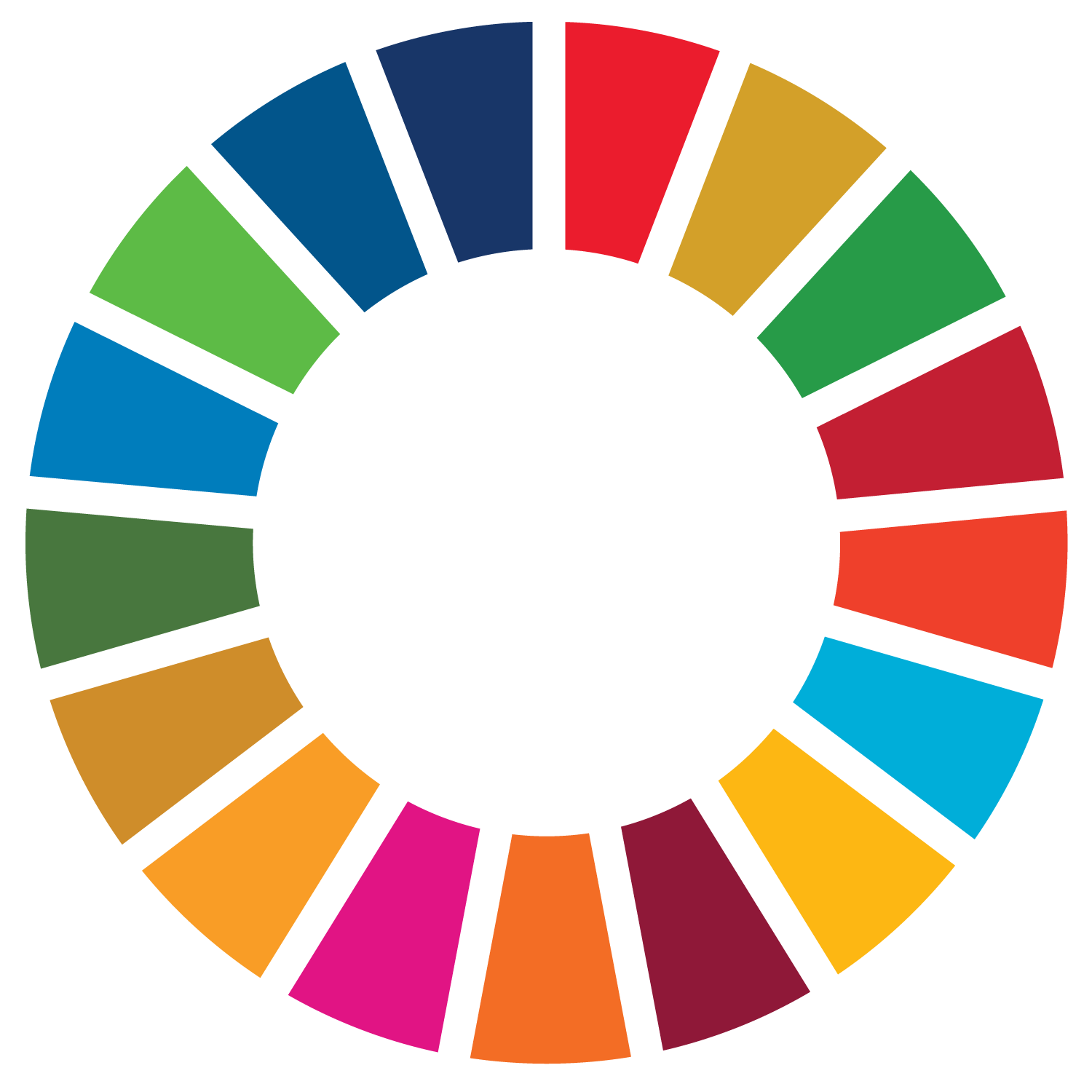Photo credit: Phys.org
The African Ministers’ Council on Water (AMCOW) has an important mandate to support sustainable development through the management of water resources in Africa. It is responsible for monitoring and reporting progress on water and sanitation goals on the continent.
In 2015, AMCOW contracted the UNEP-DHI Centre to develop a Water and Sanitation Sector Monitoring and Reporting System (WASSMO), a digital system that captures data on water and sanitation across the AU member states which is open to the public. Using harmonized progress indicators, WASSMO allows AMCOW to monitor progress and report on the implementation of the AU commitments on water and sanitation, considering several international agreements such as the:
- Ngor Declaration on Sanitation and Hygiene
- Africa Water Vision 2025
- Africa Agenda 2063, and
- Sustainable Development Goal 6 on clean water and sanitation
The WASSMO system began operating in 2016, and over time, there has been a need to streamline the collection of data on water-related issues from member states. Gathering data using different reporting systems and separate processes has not only led to discrepancies between country data on national and global databases, but has also constrained the resources and (human, financial, technological, and organizational) capacity of member states.
Strengthening capacity to use the WASSMO system: The UNEP-DHI Centre conducted in 2023 a capacity needs assessment for decision making and evidence-based policy advisory in six African Union member states. The assessment determined the systemic and institutional capacity for reporting water sector progress through WASSMO across the continent. The six countries selected for the pilot assessment were Cameroon, Madagascar, Mauritania, São Tomé and Príncipe, Senegal, Tanzania
Experts from UNEP-DHI will meet with WASSMO country focal points, who are often representatives based in the Ministries of Water, as well as 2-3 key institutions. The integrated nature of sustainable water management across sectors, including environment, agriculture, and energy to name a few, requires synergies and collaboration in countries when it comes to submitting accurate and quality-controlled data on the state of water resources to WASSMO.
The results and recommendations of the study were presented to decision-makers at the UN 2023 Water Conference in New York by AMCOW and will serve as the foundation for a broader assessment and implementation of a training program to strengthen member states’ capacity to use WASSMO.



Share this post
UNEP-DHI Centre on Water and Environment
Agern Allé 5, 2970 Denmark
Tel: +45 45169200
